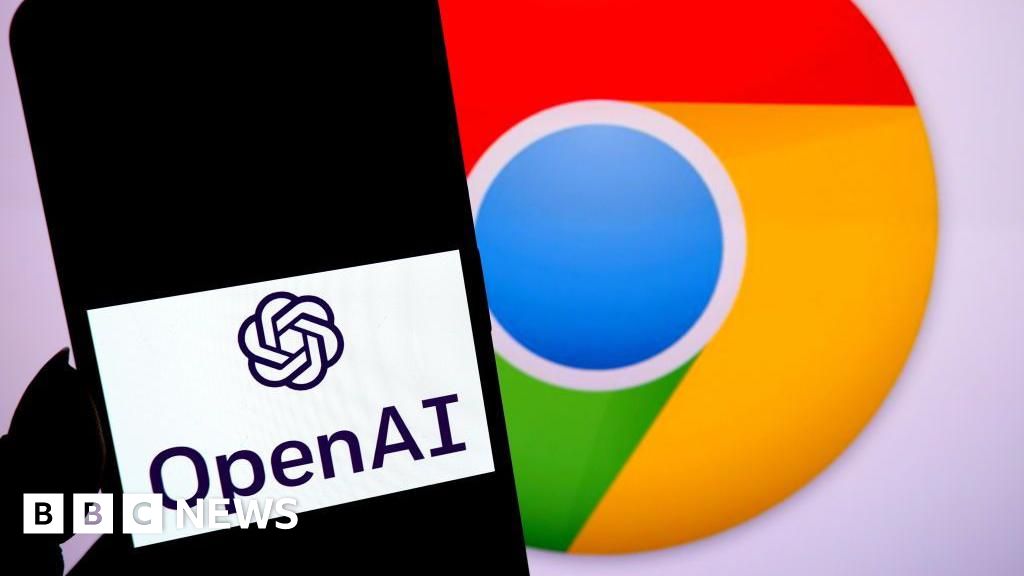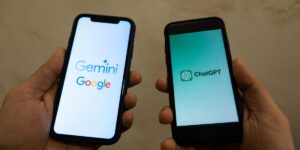Creator of ChatGPT Aims to Acquire Chrome from Google

OpenAI’s Interest in Acquiring Google Chrome
OpenAI, the company behind ChatGPT, expressed an interest in acquiring Google Chrome, the most widely-used web browser in the world, should Google be compelled to sell it. This revelation came to light during a testimony by Nick Turley, an OpenAI executive, in a current antitrust trial against Google that focuses on the tech giant’s overwhelming influence in the online search domain.
Background on the Antitrust Case
The U.S. government has been pressing for significant changes to Google’s business operations, claiming the company holds too much power in the online search market. Recently, efforts have heightened, culminating in various legal actions led by the U.S. Department of Justice (DOJ).
- Current Status of the Case: The ongoing trial in Washington, D.C., is part of a broader exploration into the dominance of major technology firms in social media and online services.
- Past Rulings: A court ruling last year concluded that Google possessed a monopoly in online search services. In a subsequent ruling, Google was found to have an illegal monopoly in online advertising technologies. The company intends to appeal against both of these decisions.
Chrome’s Market Dominance
Google’s Chrome browser currently holds a significant portion of the web browser market share. Around 64% of internet users prefer Chrome, as reported by analytics firm Similarweb. In contrast, Apple’s Safari browser trails far behind, accounting for only about 21% of users.
Testimony Highlights from OpenAI
During the trial, Turley discussed OpenAI’s previous attempts to partner with Google. Last year, the company proposed a collaboration that would allow Google search results to be integrated into ChatGPT. However, Google declined the offer. Turley mentioned, “We have no partnership with Google today,” highlighting the lack of collaboration between the two companies.
- Current Partnerships: OpenAI has formed a collaboration with Microsoft, which owns the Bing search engine and the Edge web browser.
- Competitive Landscape: Google has been developing its own generative AI products, such as Gemini, which directly competes with ChatGPT.
Implications of the Trial
The current case aims to explore remedies that could curb Google’s dominance in the online search landscape. The surge in generative AI technologies, including services like ChatGPT, has intensified the competition, raising questions about how these technologies access and utilize online information.
- Trial Duration: The trial is expected to unfold over a three-week period, drawing attention from other major tech firms like Meta, Amazon, and Apple, which are also facing scrutiny concerning their market power.
Future Developments
In unrelated news, there have been hints about OpenAI’s exploration of creating its own social network. Reports indicate that this project is still in its early stages, and feedback has been solicited to help shape the vision for a potential competitor to X, previously known as Twitter.
Summary of Current Technology Trends
This ongoing trial amid the backdrop of rapid advancements in AI and digital services underscores a pivotal moment in the technology sector. The outcomes may not only affect the future of Google and OpenAI but also set precedents for the way technology companies operate in a highly regulated environment. With the scrutiny placed on tech giants, the evolving landscape of AI and digital interactions is a focal point for analysis and potential change.






